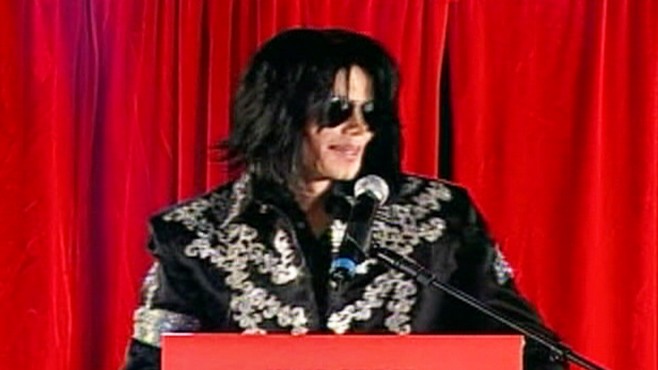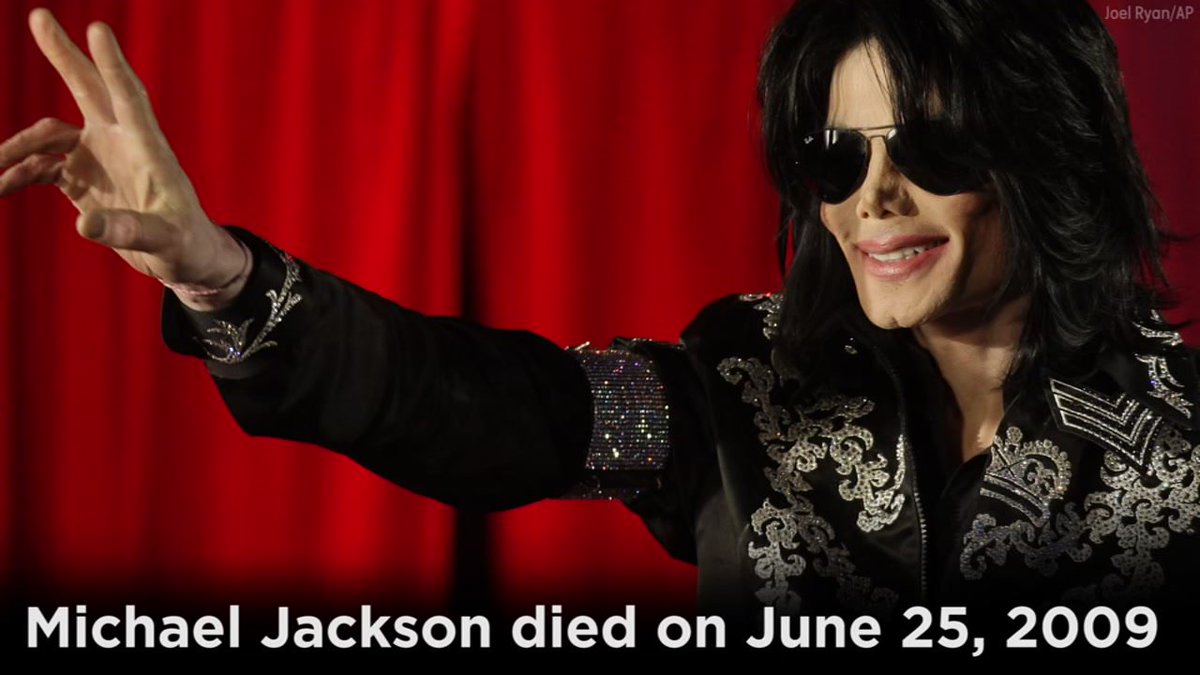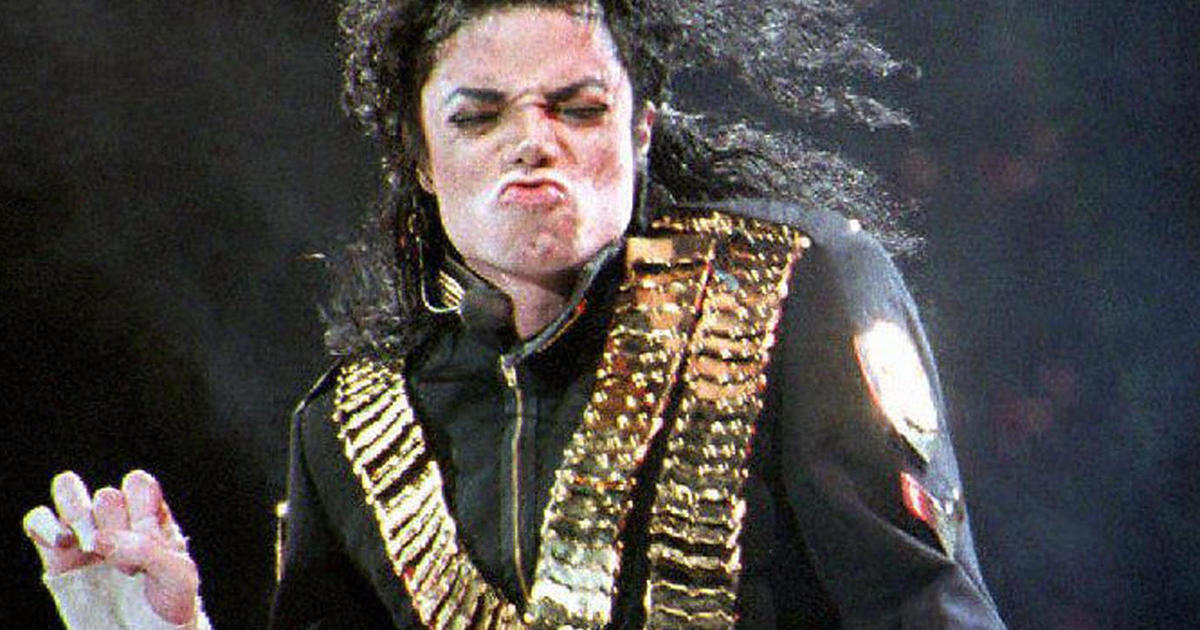

Klein was more than happy to oblige and he justified with minor procedures,” Levin says. TMZ Executive Producer Harvey Levin - to whom Klein confessed in a November 2009 interview - says it was “routine” for MJ to go get high on Demerol “for hours at a time” at Klein’s office. Harry Styles crowned new ‘King of Pop,’ Michael Jackson’s family says he ‘didn’t earn it’ Michael Jackson befriended famed Hollywood dermatologist Arnold Klein - shown together here with Jackson’s longtime friend, Elizabeth Taylor - and would constantly be drugged up for minor treatments, according to a new documentary. Klein admitted to dishing out the opioid Demerol along with more substances to the superstar. Things had only gotten worse in the years to follow as Jackson fostered a relationship with famed Hollywood dermatologist Arnold Klein, who died at age 70 of natural causes in 2015. In archived footage, Jackson confesses: “I don’t like it … I go through hell touring.” “I became increasingly more dependent on the painkillers to get me through the days of my tour,” Jackson says in archived audio, explaining why he canceled the latter part of his 1993 “Dangerous” world tour and announced that he was going into treatment.Īll that time on the road was misery for the star act. Michael Jackson had been struggling with drugs since early in his career, according to a new documentary. In Jackson’s own words, drugs had taken over his life in the years that followed. It all began in 1984 when he suffered both second- and third-degree burns to his scalp during a pyrotechnic disaster while filming a Pepsi commercial and was given painkillers to recuperate. Drew Pinsky explicitly says is neither a medication that should be used to treat insomnia nor one that is routinely stored outside of medical facilities - Jackson was also hooked on other drugs throughout his career, according to the documentary. On top of the makeshift sleep medicine - one that addiction specialist Dr.

“He was able to push the propofol himself, and the doctors allowed him to do it, and that was OK.” “It was not a big deal - he had been using it for decades, different doctors had given it to him from all around the world … and they allowed him to sometimes inject the medicine,” Murray, who routinely administered it to Jackson, says. New York PostĬelebrating the King of Pop Michael Jackson’s birthday Getty Images Michael Jackson admitted that touring was a cross to bear and something he hated. Inset: Jackson’s physician, Conrad Murray. The medical community, in many ways, facilitated his obsession with the substance, according to Murray, who adds that propofol “was the only way he could go to sleep, especially when he was getting ready for a tour.” A new documentary sheds light on how drugs played a negative factor in the life of Michael Jackson. Jackson had been taking the propofol in “Gatorade”-size bottles at the time of his death, according to Ed Winter, the assistant chief coroner for LA County. “All of them are the reason why he’s dead today.” “Circumstances had been leading up to his death for years, and all of these different medical professionals had allowed Michael to dictate his own terms, get the medicines he wanted, when he wanted them, where he wanted them,” Martinez maintains. Murray was at his bedside when he died,” Orlando Martinez, the LAPD detective assigned to Jackson’s death, says in the doc. “It’s a lot more complicated than just: Dr. He was convicted of involuntary manslaughter and was sentenced to four years in prison, serving just under two behind bars.īut Murray endured the brunt of public hatred even though Jackson - who would have turned 64 last Monday - was abusing drugs throughout much of his life in alarming doses and was allegedly easily enabled to do so by an array of other doctors - ones who never saw a day in jail after the King of Pop’s death, according to a new documentary “ TMZ Investigates: Who Really Killed Michael Jackson,” now streaming on Fox. The death was ruled a homicide, and Murray took all the blame. The 50-year-old “Thriller” vocalist was found unresponsive in his Los Angeles home after suffering cardiac arrest brought on by the anesthetic propofol - a drug reportedly routinely administered by Jackson’s physician, Conrad Murray. The world stopped turning when news broke of pop legend Michael Jackson’s death in late June of 2009. Rosie O’Donnell turned down Woody Allen film after allegations: ‘F–k no’

Michael Jackson’s chimpanzee Bubbles in secure space at Florida sanctuary as Ian approaches Gen Z TikTok bozos risk lives during Hurricane Ian to create viral Michael Jackson tributes ’80s rock ‘n’ roll photog reveals what Tom Petty learned from the Boss


 0 kommentar(er)
0 kommentar(er)
